-
×
 White sorbent Premium tablets 700 mg №20
1 × $19.00
White sorbent Premium tablets 700 mg №20
1 × $19.00 -
×
 V-Gel Vaginal Gel (2 x 30g)
1 × $19.00
V-Gel Vaginal Gel (2 x 30g)
1 × $19.00 -
×
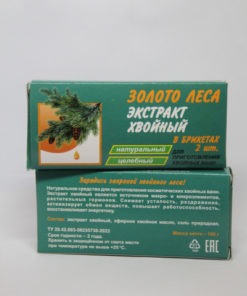 Pine Extract Briquettes (Direct from Manufacturer)
1 × $19.00
Pine Extract Briquettes (Direct from Manufacturer)
1 × $19.00 -
×
 White Crochet Mesh Hat
2 × $9.00
White Crochet Mesh Hat
2 × $9.00 -
×
 Moschino 644 807 Eyeglass Frames
1 × $359.00
Moschino 644 807 Eyeglass Frames
1 × $359.00 -
×
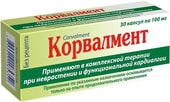 Kiev Vitamin Plant Corvalment, 0.1 g, 30 caps.
1 × $19.00
Kiev Vitamin Plant Corvalment, 0.1 g, 30 caps.
1 × $19.00 -
×
 Dog Hair Belt
1 × $69.00
Dog Hair Belt
1 × $69.00 -
×
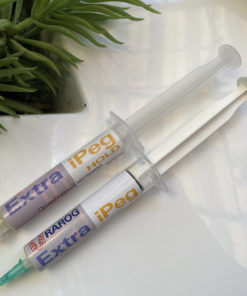 Liquid Treger Extra iPeg Syringe
1 × $69.00
Liquid Treger Extra iPeg Syringe
1 × $69.00 -
×
 CE6-35 BK Protective Caps (50 Pack)
1 × $39.00
CE6-35 BK Protective Caps (50 Pack)
1 × $39.00 -
×
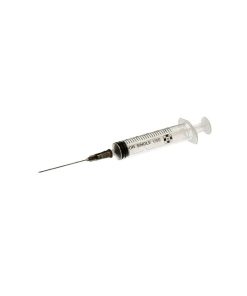 Syringe erased. one time injectable 5.0ml with 22G x 1 1/2" needle (0.7mm x 40mm)
1 × $9.00
Syringe erased. one time injectable 5.0ml with 22G x 1 1/2" needle (0.7mm x 40mm)
1 × $9.00 -
×
 Silicone Toe Correctors
1 × $129.00
Silicone Toe Correctors
1 × $129.00 -
×
 Luxury Gray Goose Down Pillow with Memory Foam - Belpol GALAXY SEA 50x70x4
2 × $359.00
Luxury Gray Goose Down Pillow with Memory Foam - Belpol GALAXY SEA 50x70x4
2 × $359.00 -
×
 Belmedpreparations Hydrogen Peroxide solution, 30 mg / 1 ml, 100 ml.
1 × $9.00
Belmedpreparations Hydrogen Peroxide solution, 30 mg / 1 ml, 100 ml.
1 × $9.00 -
×
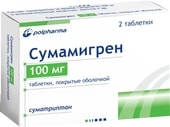 Polpharma Sumamigraine, 100 mg, 2 tablets
1 × $49.00
Polpharma Sumamigraine, 100 mg, 2 tablets
1 × $49.00 -
×
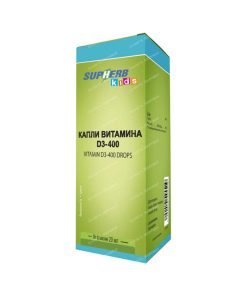 Vitamin D3-400 drops in a 20ml vial (Vitamin D3)
1 × $19.00
Vitamin D3-400 drops in a 20ml vial (Vitamin D3)
1 × $19.00 -
×
 Medical compression stockings below the knee with a toe m.3002 2 class. R.3 (M) height 1 beige
1 × $39.00
Medical compression stockings below the knee with a toe m.3002 2 class. R.3 (M) height 1 beige
1 × $39.00 -
×
 VitaDream Supportive Pillow 70x90cm (20cm High)
1 × $289.00
VitaDream Supportive Pillow 70x90cm (20cm High)
1 × $289.00 -
×
 Orthopedic insoles for children art. 03 R-1 p.16 medical-prof.
1 × $19.00
Orthopedic insoles for children art. 03 R-1 p.16 medical-prof.
1 × $19.00 -
×
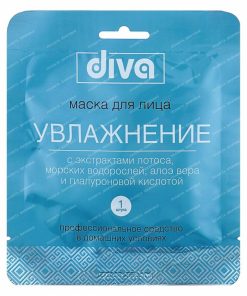 Diva Moisturizing Sheet Mask 1pc.
1 × $9.00
Diva Moisturizing Sheet Mask 1pc.
1 × $9.00 -
×
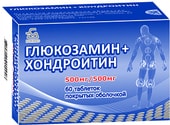 Borimed Glucosamine + Chondroitin, 500 mg, 60 tablets
1 × $39.50
Borimed Glucosamine + Chondroitin, 500 mg, 60 tablets
1 × $39.50 -
×
 Queen Pillow, 60x60cm: Luxurious Comfort
2 × $99.00
Queen Pillow, 60x60cm: Luxurious Comfort
2 × $99.00 -
×
 Optima Line Accessori Nail file 3in1 18 cm/7''
1 × $9.00
Optima Line Accessori Nail file 3in1 18 cm/7''
1 × $9.00 -
×
 VEYLE ERGO Memory Foam Pillow: Anatomical Support (39x59x10cm)
1 × $79.00
VEYLE ERGO Memory Foam Pillow: Anatomical Support (39x59x10cm)
1 × $79.00 -
×
 Syringe Avanti Medical three-component single use sterile with a needle 5.0 ml
1 × $9.00
Syringe Avanti Medical three-component single use sterile with a needle 5.0 ml
1 × $9.00 -
×
 Medical compression tights m.5002 IIkl.k. size 3 (M) height 1 beige
1 × $69.00
Medical compression tights m.5002 IIkl.k. size 3 (M) height 1 beige
1 × $69.00 -
×
 Olive Green Convertible Multi-Purpose Tote Bag SURT-01
2 × $109.00
Olive Green Convertible Multi-Purpose Tote Bag SURT-01
2 × $109.00 -
×
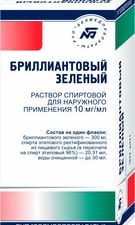 Belmedpreparations Diamond Green solution, 10 mg / ml, 30 ml.
1 × $9.00
Belmedpreparations Diamond Green solution, 10 mg / ml, 30 ml.
1 × $9.00 -
×
 Si-Line Silicone Vacuum Massage Cups Set: 4 Cups, Face Brush & Case
1 × $39.00
Si-Line Silicone Vacuum Massage Cups Set: 4 Cups, Face Brush & Case
1 × $39.00
Subtotal: $2,588.50

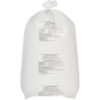

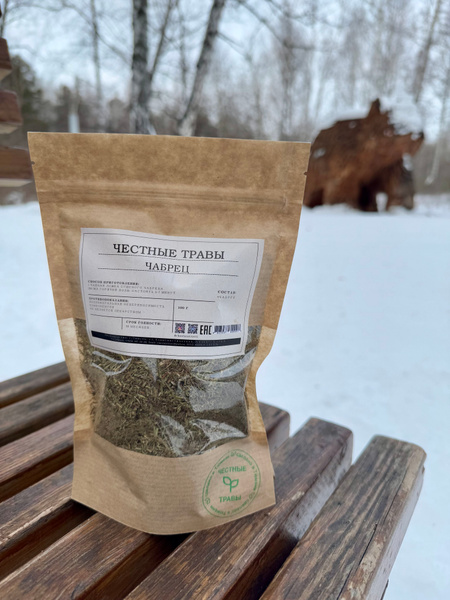


![Smith Frequency 086: [Relevant Keyword] Guide](https://globalhealingweb.com/wp-content/uploads/2024/11/6295017024-247x296.jpg)

